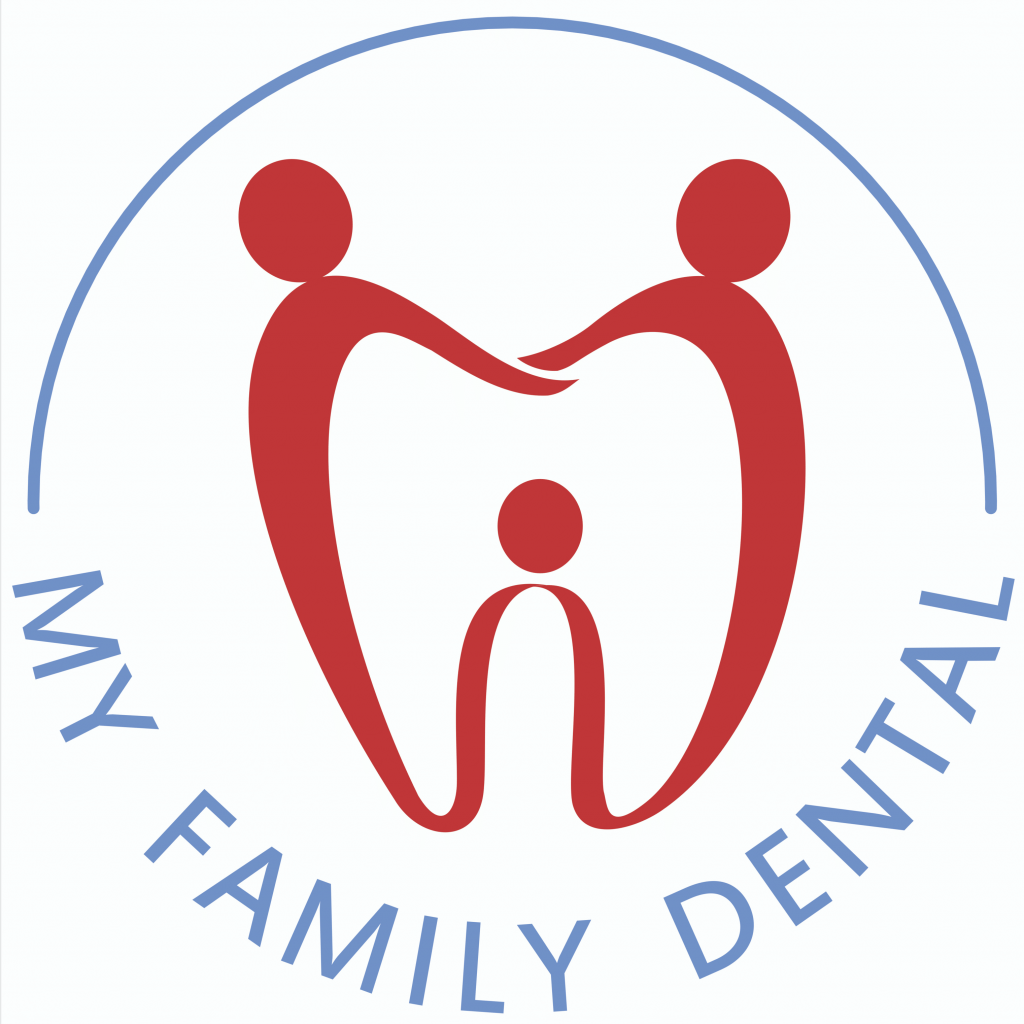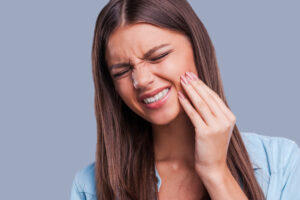Have you ever found yourself in a situation where you chipped your tooth? If so, this blog post is designed to provide an overview of what a chipped tooth means and give some insight into its potential causes. Despite being incredibly common, many people remain unaware of the implications of having a chipped tooth or how they should proceed should they find themselves affected by one. Read on to gain more knowledge about this often misunderstood dental issue!
What is a chipped tooth?
A chipped tooth refers to a slight break or fracture in the surface of a tooth resulting in an edge, point or corner being broken off. Chipped teeth are common and can occur due to contact sports, falls, biting on hard objects such as ice cubes and nuts, excessive tooth grinding (bruxism), or acid erosion. It is possible to be unaware one has chipped off their tooth until one looks into the mirror and notices its shape has changed.
What are the causes of it?
It is becoming increasingly clear that there are several causes for it. Factors such as emotional or physical stress, hormone imbalances or deficiencies, and certain medications may contribute to its prevalence. Additionally, genetics may play a role in the development of it; some studies suggest that people with an inherited predisposition may be more likely to experience this condition. Environmental factors, lack of sleep, and poor nutrition have also been linked to its occurrence.
How do you know if you have a chipped tooth?
Chipped teeth are a common issue and can cause tooth sensitivity, infections or decay. Knowing if you have chipped a tooth can be tricky as the chip may be very small and unnoticed. Common indicators of a chipped tooth include catching your tongue on edge, sharp sensations when biting down, pain when eating sweets that have suddenly appeared without explanation, or noticing that the tooth looks different in size or shape when smiling. If you suspect a chip, booking an appointment with your dentist as soon as possible is important. They can assess it using x-rays and determine whether treatment is necessary.
How is a chipped tooth treated?
Every person’s situation is unique, but typically a chipped tooth can be repaired with the assistance of a qualified dentist. Common treatment options include drilling and filling the chip, bonding to add material to the tooth’s surface, or using crowns or veneers to disguise the damage. Depending on the severity and size of the chip, your dentist may recommend one option over another. In any case, steps must be taken as soon as possible after the damage has occurred to ensure healthy teeth tend to last a long time. You should make an appointment with your dentist so they can assess the situation and provide you with the best possible care for your individual needs.
What are the risks associated with having a chipped tooth?
A small chip might lead to infection and further damage if left untreated. Tooth decay can also occur in weakened areas due to bacteria which may result in a needed root canal or even an extraction of the tooth. Also, broken nerve endings caused by chips can be extremely uncomfortable and painful. To prevent any of these issues from arising, it is best to consult with a professional dentist as soon as possible; they are equipped to assess and repair your tooth to restore its strength and appearance.
Chipped tooth treatment at My Family Dental QLD, Townsville QLD, Australia
While a chipped tooth may not seem like a big deal, it can cause great pain. If you have chipped your tooth, be sure to see your dentist immediately.
My Family Dental has dental clinics in Emerald, Bowen, Innisfail, Townsville, Ingham, and Bohle Plains for your convenience.



